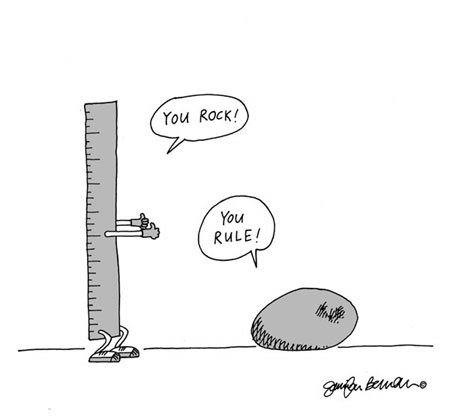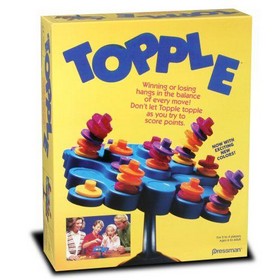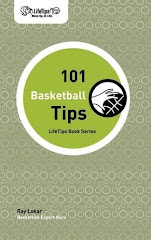 great thread in the "Ask PCA" page on the Positive Coaching Alliance website Some leagues choose to give "participation awards" to everyone, while others award the top finishers with varying size trophies. I tend to think that initially all players should get a participant trophy. Youngsters get excited at that's what it is ALL about at that age.
great thread in the "Ask PCA" page on the Positive Coaching Alliance website Some leagues choose to give "participation awards" to everyone, while others award the top finishers with varying size trophies. I tend to think that initially all players should get a participant trophy. Youngsters get excited at that's what it is ALL about at that age. As players get a bit older there are many life-lessons that sink in and "earning" awards becomes much more meaningful. This might be at U10 or U12. This is an opportunity to reward hard work and achievement and, in a way, encourage those who didn't get an award to come back and work even harder next season. However, even at that, I believe each player should get some token to commemorate the season. Maybe that is a smaller medal, pin, or even a framed team photo.
I got an idea from my daughters high school coach who would go to the 99¢ store and buy a "gag gift" for every player. Maybe a box of band-aids for the player most often injured, miniature furniture for the player who "did the little things", or sunglasses for a youngster whose "future was bright", etc.
 During her high school years some of my daughters most prized awards might be a rock she got as a sophomore because they were "going to build their program on this rock" and a toy "Warrior" she received as a junior for playing thru injuries.
During her high school years some of my daughters most prized awards might be a rock she got as a sophomore because they were "going to build their program on this rock" and a toy "Warrior" she received as a junior for playing thru injuries.Coincidentally, her college hired a new coach her senior year - and he gave the same kind of recognition and printed "Certificates" such as "Most Likely to Commit Assault" for a girl who fouled too much, and other similar awards. Of course they both talked about how they improved and some good moments on the year too.
Recently, I coached my youngest son's U10 basketball team. I decided at the end of the year to go the "gag gift" route. So I trekked to the 99¢ store and walked the aisles trying to figure the most appropriate "award" for each youngster. It turned out to be a great exercise that I might suggest any coach at any level think about doing.
It was almost like the infamous Survivor "Rite of Passage" that the finalists go through on each season. The remaining Survivors go on a hike and come across the torch of those who have been voted off. At each stop they reflect on each participant. My trip through the store was similar.
I walked up and down the aisle and ended up buying a formula one race car for our quickest player, a megaphone for the kid
 that cheered the loudest, a calculator for the player who always had something to add, and a game of "Topple" for a big kid who needed to work on his balance. It gave me time to really consider the contributions of each and every player and it embedded a memory of them in my mind forever. We had a great time and a lot of laughs at our postseason Pizza Party Banquet as we passed out these "awards".
that cheered the loudest, a calculator for the player who always had something to add, and a game of "Topple" for a big kid who needed to work on his balance. It gave me time to really consider the contributions of each and every player and it embedded a memory of them in my mind forever. We had a great time and a lot of laughs at our postseason Pizza Party Banquet as we passed out these "awards".Finally, some thoughts about individual awards. Most coaches at higher levels give an MVP, Hustle, and you could maybe go with defense, or a "Coaches Award" which gives you some leeway to make something up for that deserving player who doesn't fit into a category. However, here's something for everybody to think about. Many times I think that we spend so much time preaching *TEAM* and the value of every player... and then at the end of the year we say who is *Most* Valuable???
One of the best coaches I've ever coached for (has over 700 victories) has had 3 of the top scorers in California's Southern Section history (over 600 schools) and doesn't ever give any individual awards at his banquets. Every single kid gets a really nice framed photo with his locker plaque at the bottom. All the same. Each player has equal value. Those who were primarily defenders, rebounders, screeners, or cheerleaders... or the leading scorer in section history.
Something to be said for that.










